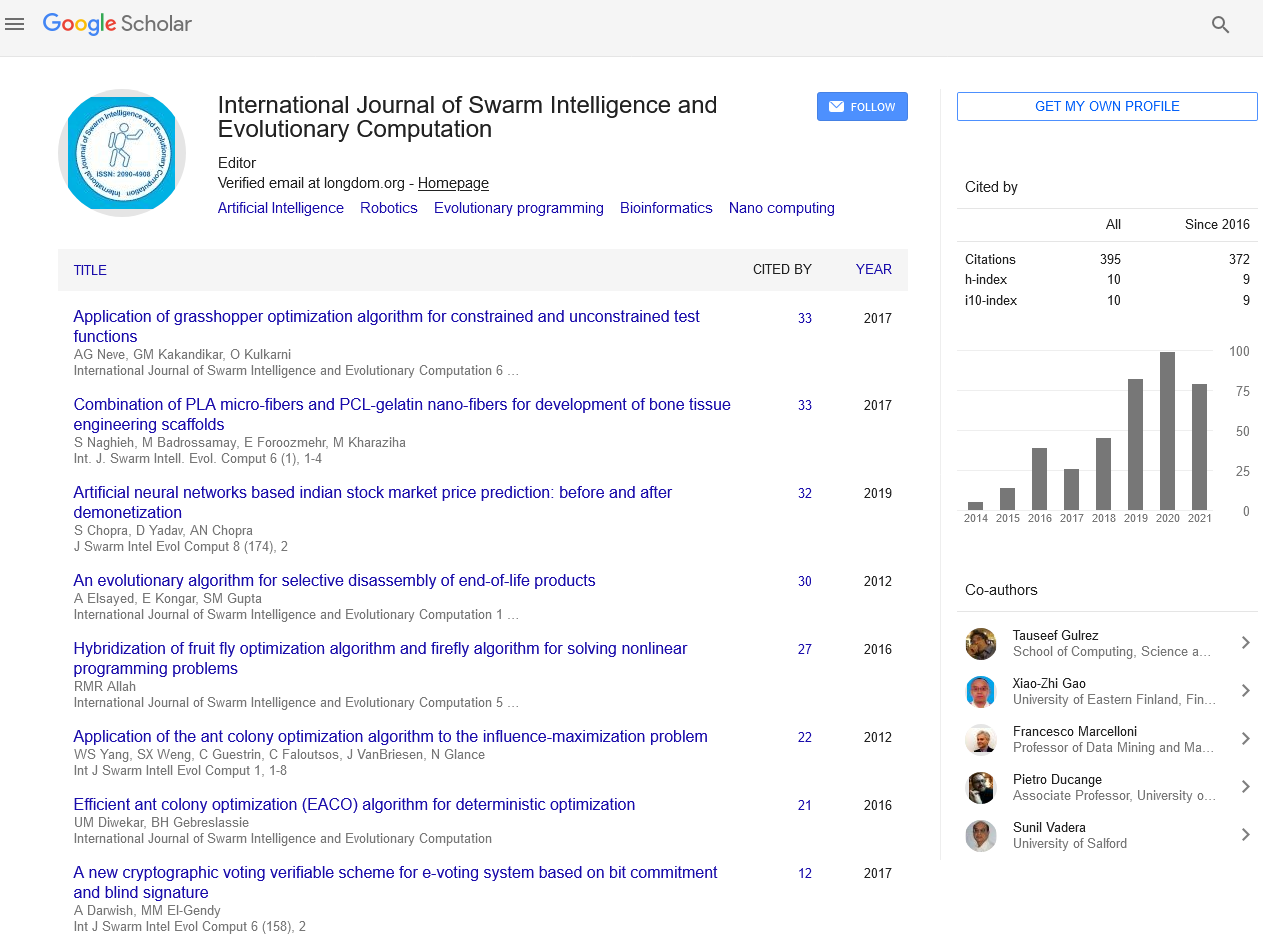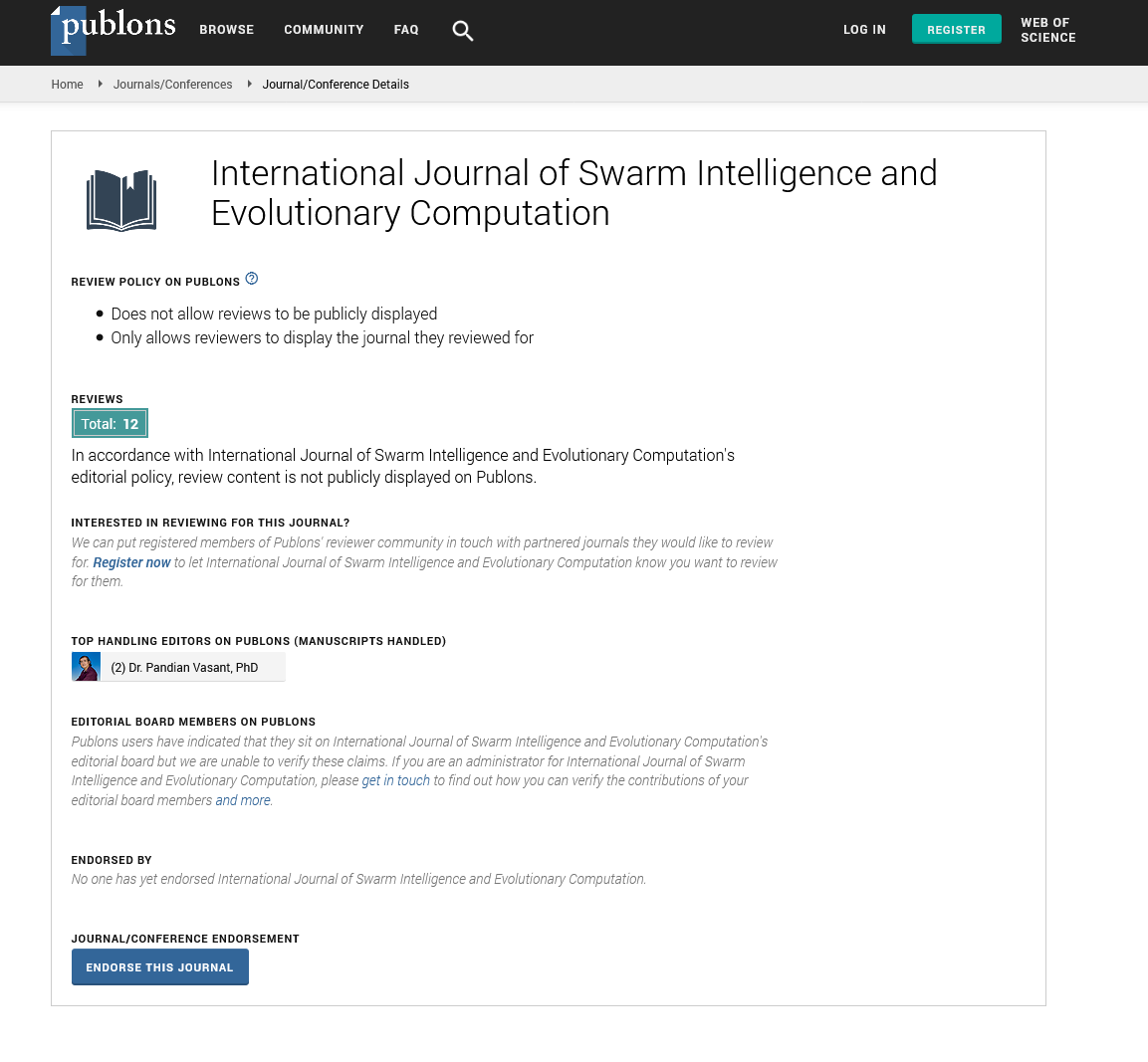Indexed In
- Genamics JournalSeek
- RefSeek
- Hamdard University
- EBSCO A-Z
- OCLC- WorldCat
- Publons
- Euro Pub
- Google Scholar
Useful Links
Share This Page
Journal Flyer

Open Access Journals
- Agri and Aquaculture
- Biochemistry
- Bioinformatics & Systems Biology
- Business & Management
- Chemistry
- Clinical Sciences
- Engineering
- Food & Nutrition
- General Science
- Genetics & Molecular Biology
- Immunology & Microbiology
- Medical Sciences
- Neuroscience & Psychology
- Nursing & Health Care
- Pharmaceutical Sciences
Min Zhao

Min Zhao
Postdoc Research Fellow, Department of Biomedical Informatics
Vanderbilt University, USA
Biography
Min Zhao, PhD, is a postdoctoral research fellow at the department of biomedical informatics. After he obtained a PhD Bioinformatics degree from Peking University in China in 2009, he joined the leading paleontology institute to explore the Schizothoracine fishes (Cyprinidae) morphology and development under extreme environments in Tibetan basins. He was a recipient of an outstanding graduate student award from Peking University and national K.C. Wong post-doctoral Fellowship award during from 2010 to 2011. He joined Department of Biomedical Informatics in Vanderbilt University from 2011. He focuses on systems biology to identify key regulatory network with microRNA and transcription factors in diseases. He published a number of first-author papers on Nucleic Acid Research, Cell Research, Molecular BioSystems, and PLoS One. His most recent research involves applying next-generation sequencing technologies to decipher the complex cellular mechanism related to pulmonary function. With the collaboration with field experts in Vanderbilt, he has successfully discovered novel rare variants associated with pulmonary organs with deep phenotypic information. He proposes to follow-up broader genomics-based data integration and mining on the biological significance and translational relevance of the detected genes.
Research Interest
My scientific interests focus on three dimensions. (1) At the molecular level, I am interested in constructing the metabolic, signal transduction, and regulatory networks related to a specific developmental process and extreme environment. (2) At the genome level, I am interested in comparative genome-based study on morphology innovation and complex developmental processes. (3) At the technology level, I like to develop and provide new bioinformatic databases and algorithms for the study of next-generation sequencing or quantitative proteomics data.
In order to better understand the often unsatisfactory results of single dimensional data integration, I am also interested to develop a cooperative model consisting of epigenetic data, gene expression and protein-protein interaction data in future. In current modENCODE data generation, hugh epigenetic information such as histone modification are accumulated for further exploration. By marry modENCODE and fish biology, I am interesting to integrate regulatory elements of master regulators (such as ChIP-seq data for key regulators during development), histone modifications (such as H3K4me3 to active gene expression and H3K27me3 to silence gene expression) to build regulatory networks across epigenetic, genetic and cellular levels.


